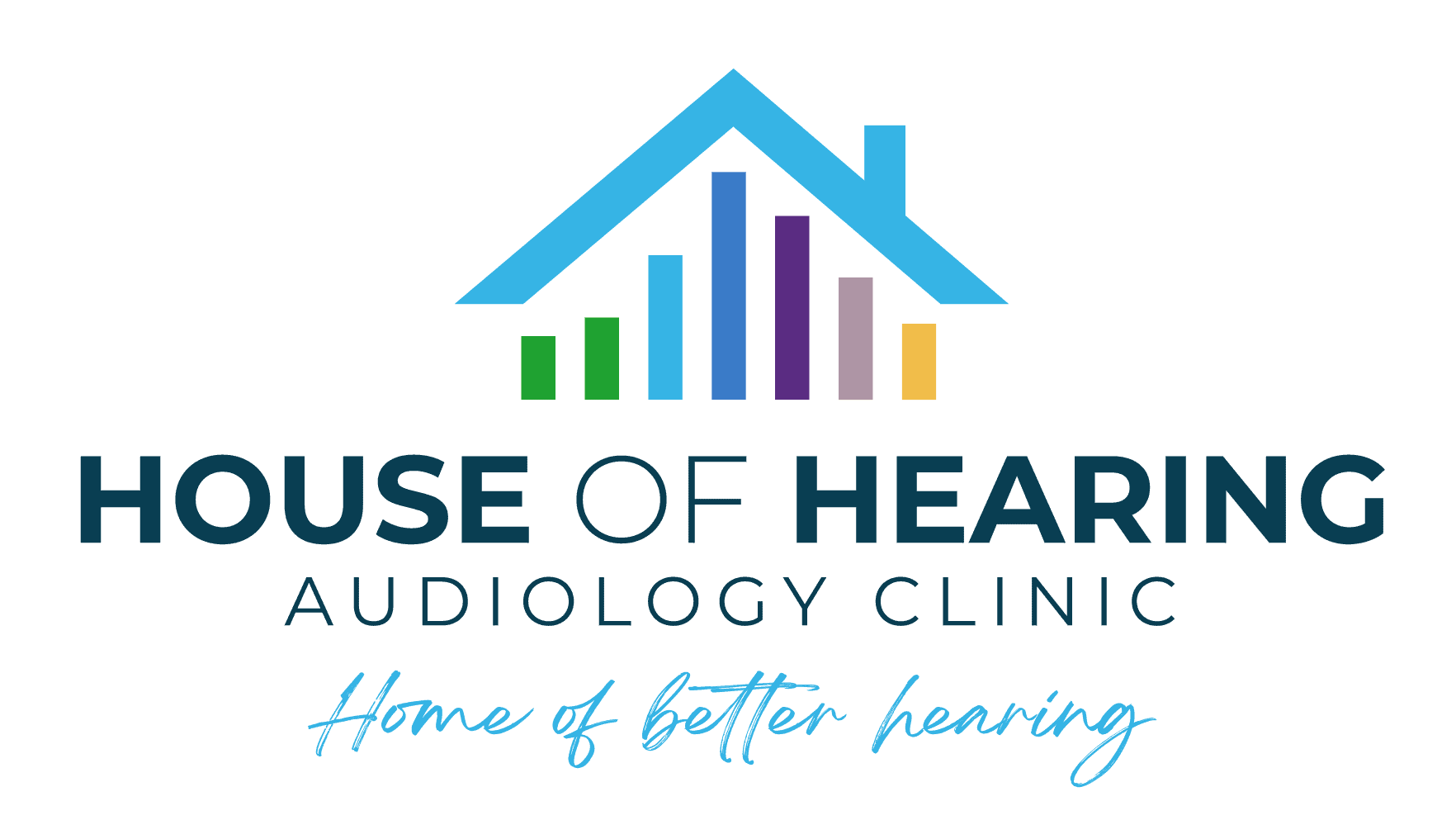This is a summary of an article that was recently featured in a Special Issue of The Gerontologist on Baby Boomers.
Age-related hearing loss (ARHL) symptoms include progressive deterioration of auditory sensitivity, loss of the auditory sensory cells, and deterioration of central processing. ARHL is the third most prevalent chronic condition inflatable boxing ring in older Americans, after hypertension and arthritis, and is a leading cause of adult hearing handicaps in the United States. The prevalence of ARHL is expected to rise for the next several decades as aging Baby Boomer dominate the general population. Nevertheless, ARHL remains an often undetected, underestimated, and neglected condition in the geriatric population due to the slow development of the disease. If left untreated, the impact of ARHL on patients, family, friends, companions, and society would be significant. The purpose of this review is to raise the awareness of ARHL, to update our current understanding of ARHL with a focus on age-related deficits in auditory and cognitive processing of speech, and to explore strategies for prevention, identification, amplification, and aural rehabilitation. The ultimate goal is to improve the quality of hearing health care and the overall quality of life of the Baby Boomer generation.
